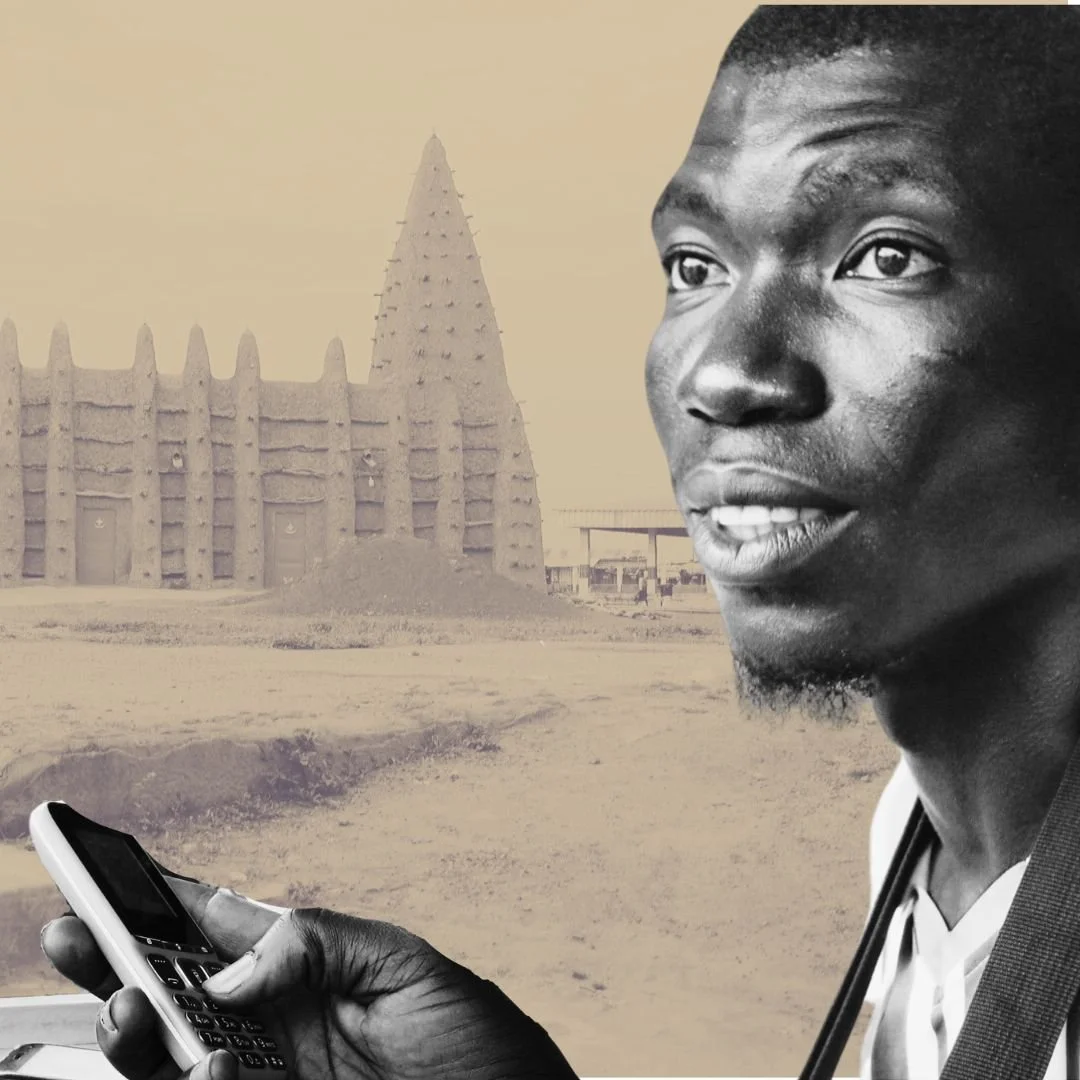Today while listening to RFI Mandenkan's broadcast, a particular word caught my ear:
fɛ̀lá 'perspective, opinion'
Have a listen in the video below. A transcript and translation is available if you turn on CC and select Japanese or English respectively (yes, select Japanese if you want the Manding transcript -- this a linguistic hack of YouTube which doesn't recognize Manding or any of its varieties):
While in context the word's meaning was clear, it surprised me nonetheless because it seemed to be a clear instance of the formal postposition fɛ̀ which can mean a whole bunch of things such as 'near' or Fr. 'chez' etc.) being used in derived nominal form denoting 'like, preference' etc. While ultimately the Bambara and Maninka corpus both have numerous hits for this derived form, it originally piqued my interest because of fɛ̀ unique usage and evolution; it is clearly a post-position, but is also commonly used to express the concept of 'want' or 'love', which in most Indo-European languages we express using verbs. To express these concepts in Manding, one typically uses fɛ̀ in non-verbal constructions that can literally be interpreted as 'I am in proximity to X':
Án bɛ́ sògó' fɛ̀
'We want meat' (litt. "We are in proximity to meat")
Don't take my word though -- take it from Salif Keïta's hit song "M'Bife" which while butchering Manding orthography does provide a nice metasemantic gloss of the following expression:
Ń b'í fɛ̀
'I love you'
This kind of expression of course looks like it may be verbal. But some simple distributional tests reveal that fɛ̀ clearly remains a post-position. For instance, if it was in fact a verb, we would expect one to be able to use it intransitively (* = ungrammatical):
*Án bɛ́ fɛ̀ 'We love'
*An fɛ̀ra 'We are loved'
So in formal terms 'love, want, like' are not verbs in Bambara and other Manding varieties. Interestingly, while fɛ̀ remains a post-position in most cases, there is increasing evidence of a novel usage in which it becomes a noun through unmarked derivation (AKA conversion). For instance, while drinking tea in my grin in Bamako in 2013, one friend asked another what the meaning of the English lyrics of the following song blaring from his cellphone were:
After some reflexion, he put forth something like the following:
Fɛ̌' yé nìn yé wà?
'Is this love?'
Thus while fɛ̀ hasn't yet been formally reanalyzed as a verb, speakers do seem to recognize it as verb-like given that they were willing to easily convert it into a noun -- something that seems unlikely for other formal postpositions such as lá, yé or mà.
Fɛ̀ as a noun is absent from both Dumestre and Bailleul's Bambara dictionaries. Fɛ̀la on the other hand is well-described, but interestingly it does not seem to take on the meaning of 'love' or 'passion' ever. I myself can't recall ever hearing it in any face-to-face interaction, but I'm hesitant to view it as stemming from a radio or neologism register -- can any of you out there shed any insight on the term's social or indexical value?
Want to connect with your partner or spouse in Bambara?
I made a full online Bambara/Dioula course for beginners!










